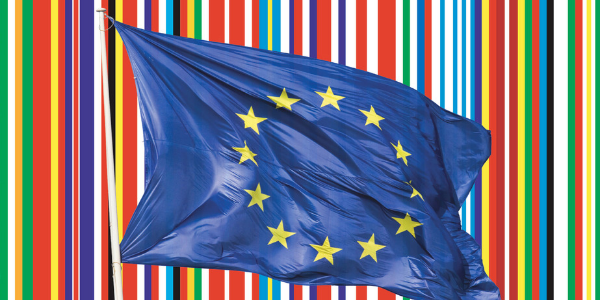We observe an emerging split between policy areas that are governed by the Community/Ordinary method, such as more technical single market issues, and politically sensitive policy areas that are governed by what is usually termed as “intergovernmentalism.” However, the governance structures that we see emerging in politically sensitive policy areas cannot be properly described as “intergovernmental” because they display a stable set of new interinstitutional relations, in which the European Commission also plays a varying role, albeit that the Member States overall have a more pronounced role. Hence, we see a shift from “the” interinstitutional balance to the emergence of two different interinstitutional balances: the Ordinary method and the Transgovernmental method.
Transgovernmentalism is characterised by a bigger role for the Member States and a less strategic role for the Commission (and hence the EP and European Court of Justice) compared to the Ordinary method, but goes beyond simple intergovernmental governance, because it is clearly based on standing European practices, meetings with defined procedures and reporting mechanisms. Evidently, the role of the European Parliament is different in both areas. The consequence for the further development of defence policy is that we assume that it will develop along the lines of transgovernmental governance, even though the European Commission and potentially other EU institutions might favour the “efficiency” of a single, Ordinary method, with a more focal role for the European Commission in the interinstitutional balance.
- Get link
- X
- Other Apps
- Get link
- X
- Other Apps



Comments
Post a Comment